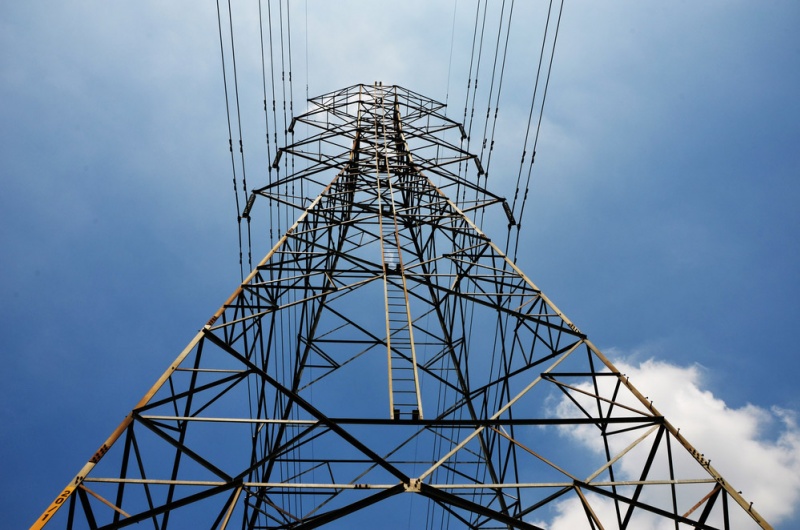Nigeria’s power sector, privatized five years ago is on the brink of bankruptcy due to a debt of N4 trillion which is almost crippling operators in the sector, National Daily has gathered.
While government is still in charge of transmission, the Electric Power Sector Reform Act of 2005, unbundled the national power company into a series of 18 successor companies; six generation companies and 12 distribution companies covering all 36 states. But the objectives of the reform have since remained elusive five years on.
The current shortfall include, power generation companies’ outstanding for power supply of N1.2t (between 2015 to October 2018); shortfall of 20 per cent on gas guarantee payment of N701.9b for 24 months; unpaid available capacities of GenCos from February 2015 till date, deemed capacity payments accruing from the ramp up and down instructions from the systems operations after nominated capacity; interests payment on all outstanding, and payments on impacts of free governor mode operations due to operation outside grid specifications and grid collapses.
Others include, associated cost due to NBET’s efficiency model implemented on GenCos on a volatile grid of about $4.262b (about N1.549t), funding for new transformers, and injection substations.
Already, experts in the sector maintained that growing challenges, particularly distribution and transmission, which led to the wastage of about 42, 160. 87 megawatts (MW) of electricity out of the 88, 566.43MW generated by (GenCOs) last year alone remained a critical barrier to the current administration’s campaign for incremental power.
Insisting on a critical review of extant laws as key leeway to addressing the current quagmire, the stakeholders expressed worry over the Federal Government’s 40 per cent stake in DisCos, as well as the continuous stay of staff of the Bureau of Public Enterprises (BPE) on the board of the 11 DisCos.
Similarly, while urging President Muhammadu Buhari to use his second term in office to address power sector challenges, they noted that the sector’s inability to meter millions of consumers remained unacceptable.
According to industry statistics, while about N2.9t worth of investment has been brought into the sector, losses caused by water, gas and transmission line constraints alone costs the sector about N1.5b monthly. The figure is estimated to be about N90b in the past five years.
Similarly, the sector has received bailout fund from several bodies, including Barack Obama’s Power Africa, and the USAID-Federal Government, through the Central Bank of Nigeria (CBN), provided the sum of N213b as Power Sector Market Stabilisation Fund at a concessionary single digit interest rate, and another N701b as gas assurance guarantee.
The Japanese government provided about $11m, the World Bank issued about $5.6b, as well as other funds from the African Development Bank.
While the $5.4b liability left after the selling off of power assets was described as a critical burden for the sector, last year, the GenCos dragged the Federal Government to court over debts in excess of N1t.

 Football6 days ago
Football6 days ago
 Entertainment5 days ago
Entertainment5 days ago
 Football7 days ago
Football7 days ago
 Business4 days ago
Business4 days ago
 Football7 days ago
Football7 days ago
 Football5 days ago
Football5 days ago
 Crime6 days ago
Crime6 days ago
 Health5 days ago
Health5 days ago

